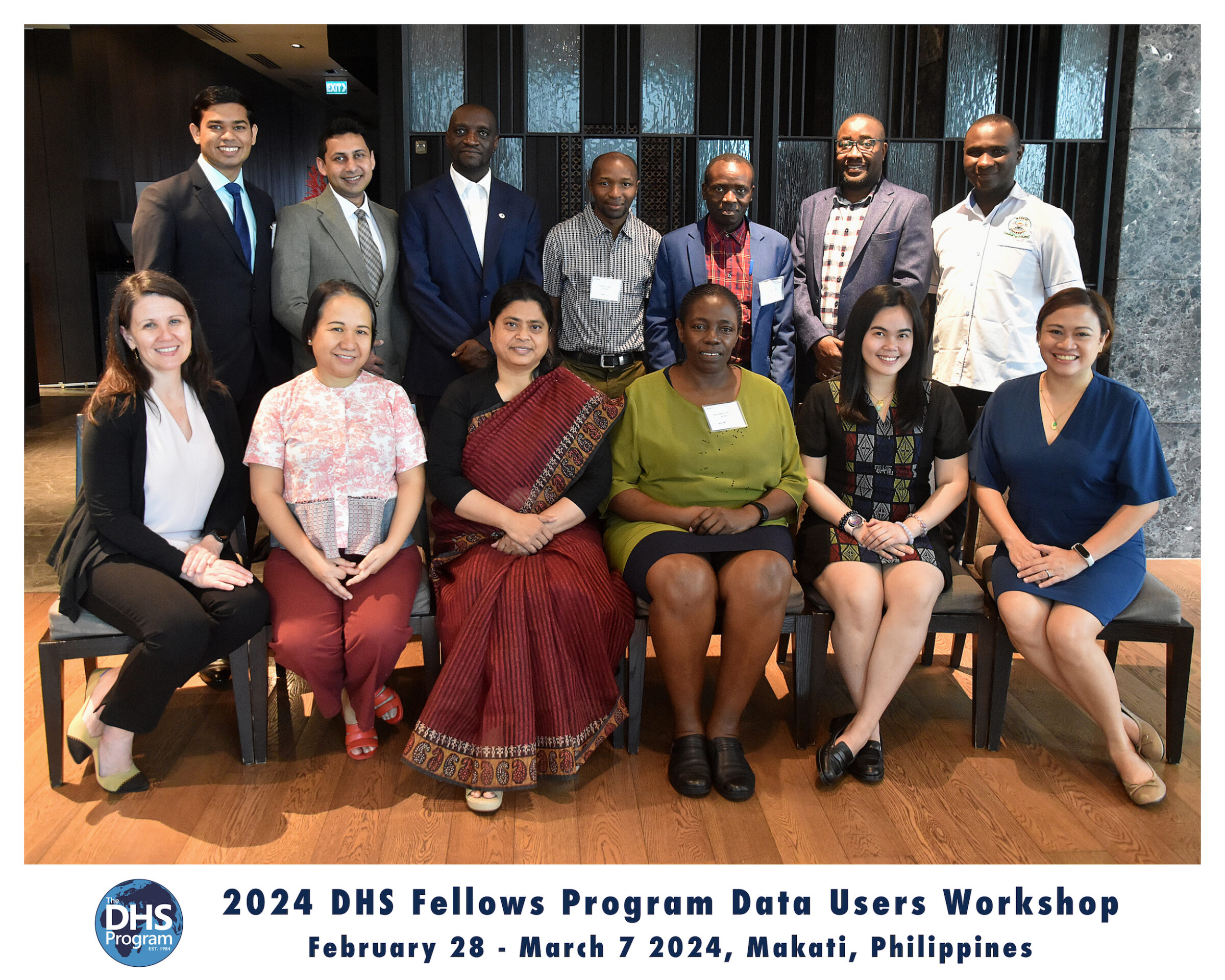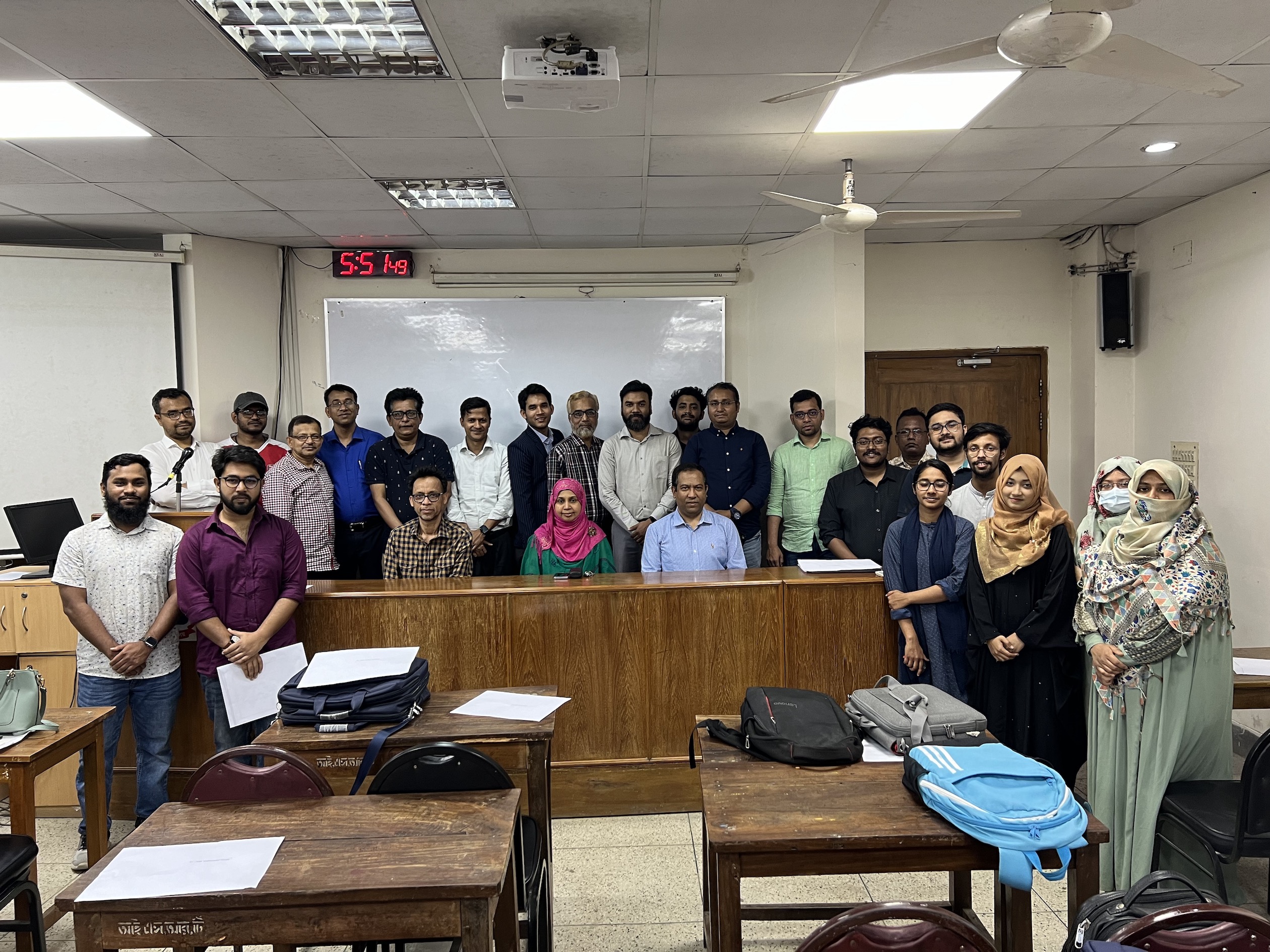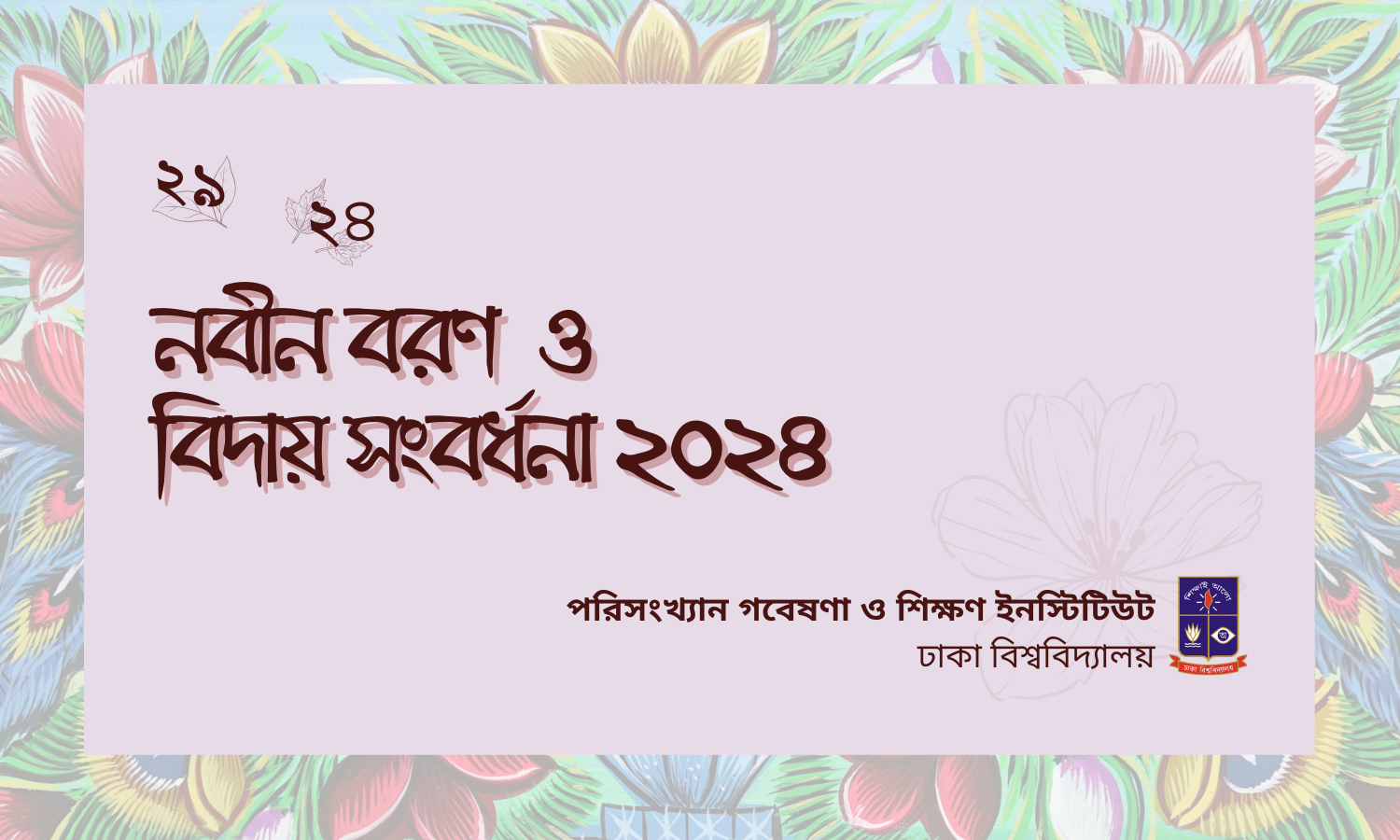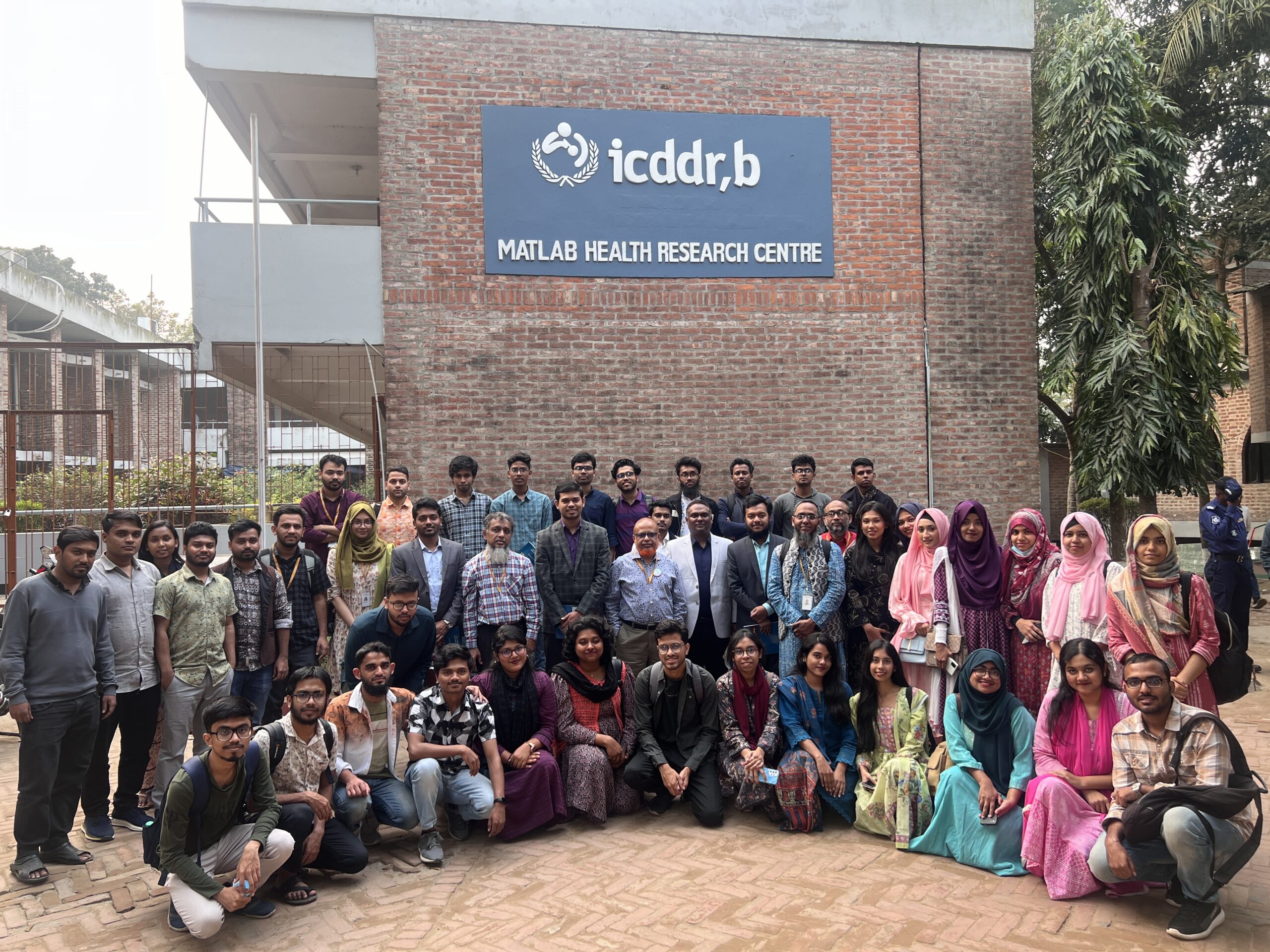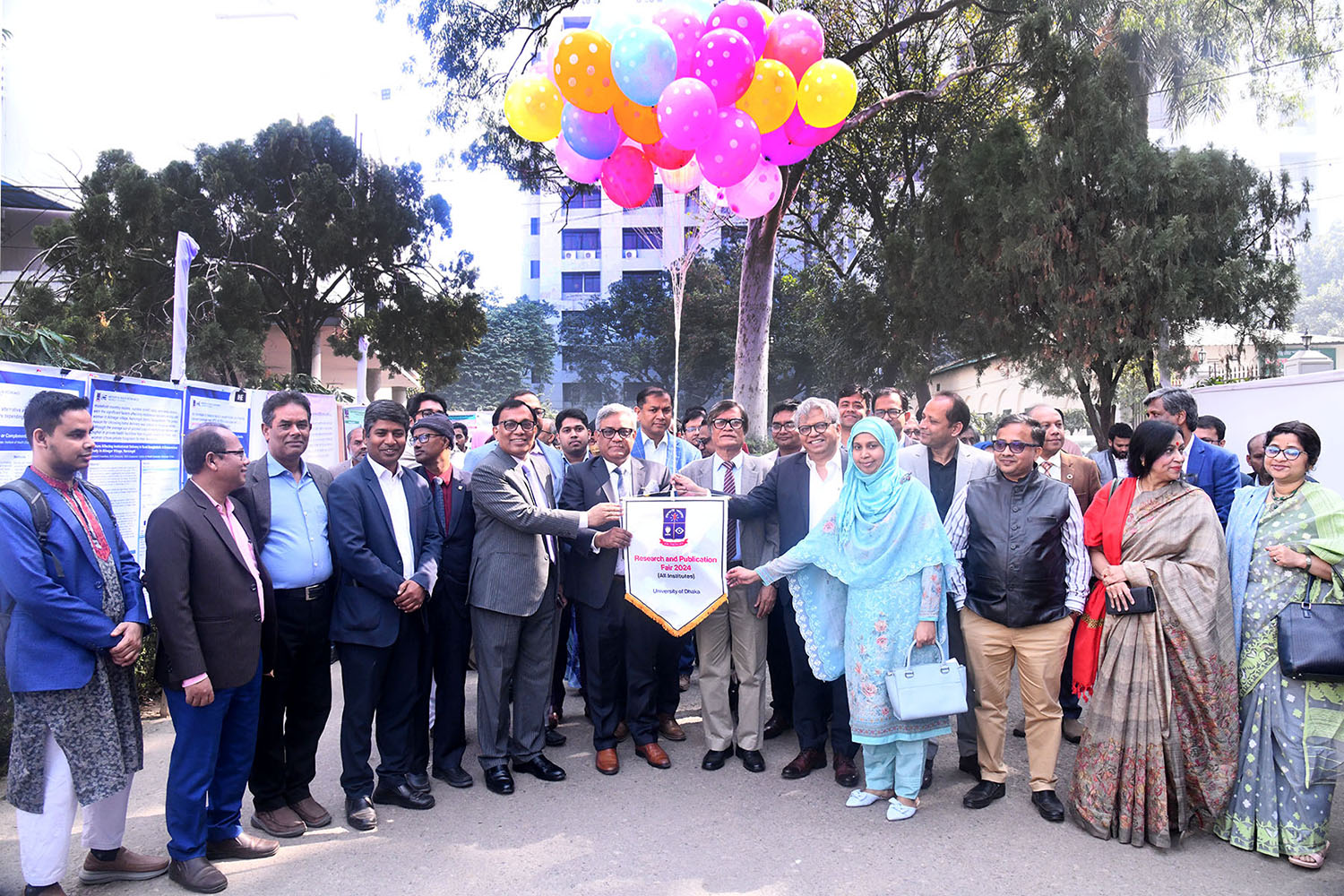
- This event has passed.
Seminar on Improved Statistical Approach for Climate Projection over Bangladesh using Downscaling of Global Climate Model Outputs
October 19, 2021 @ 11:30 am - 12:30 pm
Title: Improved Statistical Approach for Climate Projection over Bangladesh using Downscaling of Global Climate Model Outputs
Speaker: Md. Bazlur Rashid
Abstract:
Bangladesh is facing from severe impacts of climate change because of its low-lying coastal
areas, deforestation, and rapid human population growth, technological and industrial
intervention. The climate change parameters namely, temperature, heavy rainfall, sea surface
temperature, frequency of floods, cyclones and storm surges are showing significant changed at
every year and it has a massive impact on food production which may turn into food uncertainty
by amplifying the environmental and socio-economic pressure. The impact of climate change on
environment is immeasurable and it has large threat in our country. Appropriate strategies based
on the climate information research will reduce the vulnerability of livelihoods and
infrastructures to future climate change and contributes to achieve sustainability in resources.
Climate change projection poses an unprecedented challenge for meteorology, climatology etc.
Global Climate Model (GCM) has evolved from the Atmospheric General Circulation Models
(AGCMs) broadly used for daily, seasonal and long term climate projection. The most widely
documented application is the projection of future climate conditions under several scenarios of
increasing atmospheric components. Over the last few eras, GCMs have been developed to
match the present climate system and to project future climate scenarios. Despite outstanding
progress, GCMs do not deliver seamless simulations of reality and cannot afford the specifics
on very small spatial scales due to imperfect scientific understanding and limitations of
available observations in our country. For connecting the gap between the scale of GCMs and
crucial resolution for practical applications, downscaling provides climate change information
at a suitable spatial and temporal scale from the GCM data. No downscaling for Bangladesh of
detail temperature and precipitation has been undertaken. Current research in Bangladesh has not
addressed seasonal based climate projections. Extreme events especially temperature and rainfall
along with seasonality, under future climate in Bangladesh represent a further research gap and
opportunity for this research. The main object of study is to develop efficient statistical
methods for climate projection. The specific objectives are (i) to identify suitable model with
bias corrections for assessing and understanding climate impacts on rainfall and temperature
using climate model outputs; (ii) to explore the efficiency of the bias correction statistical
downscaling method in addressing the model-related uncertainties involved in future climate
predictions; (iii) to classify a suitable downscaling approach for climate model data to allow
seasonal meteorological climate impact studies and (iv) to cross check between available
statistical downscaling techniques for future climate projections and scenarios generation over
Bangladesh.
To achieve the objectives, this research connects the gap between large and local scale climate
variables, a number of statistical downscaling methods are used. A stepwise multiple linear
regression method is used in study. One significant motivation behind the empirical statistical
downscaling method applied in this research is to make use of the large scales that the models
are able to reproduce realistically to say something about local changes. Altogether GCMs have
a minimum skillful scale which means that their separate grid-box values are not a good diagram
of the area they represent in the actual world (because computers work with discrete numbers).
The procedure of common EOF analysis makes it possible to identify common spatial patterns in
reanalysis and GCM data on a scale that is good represented by climate models.
This study reveals that future CO 2 emissions are expected to have severe consequences for the
winter season in Bangladesh in terms of significant warming in the whole country. All emission
scenarios show an increasing mean temperature in Bangladesh, but while RCP2.6 shows the
temperature plateauing mid-century, the average increase is 2 times higher in the far future
compared to the near future assuming RCP4.5, and 4 times higher assuming RCP8.5. Finally,
this research demonstrates that while warming may be unavoidable, there are still opportunities
to limit the severity of climate change in the future.

